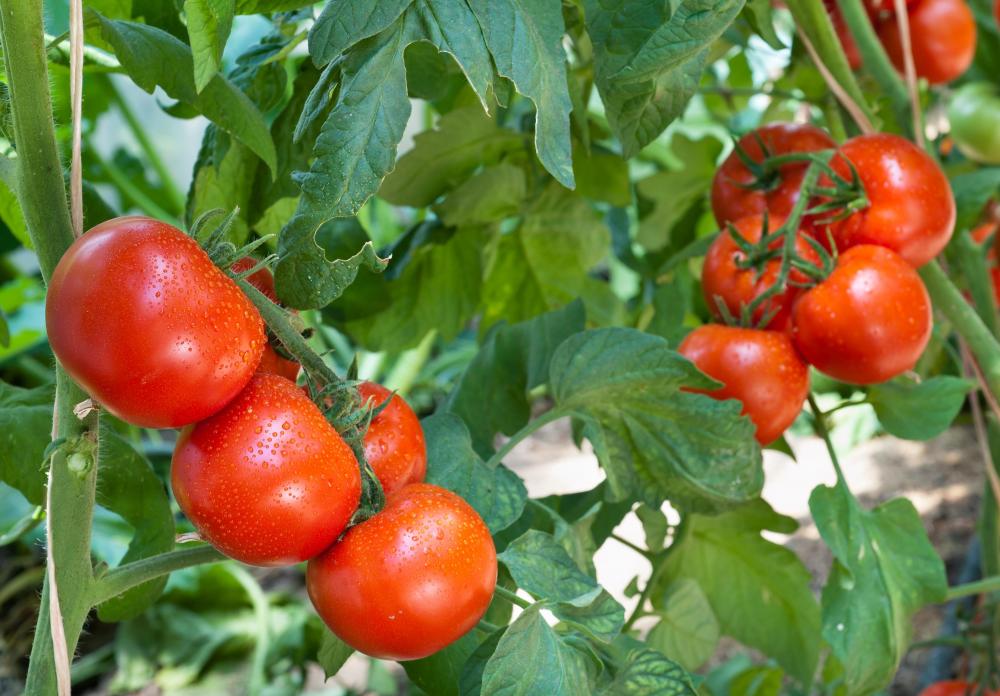At WiseGEEK, we're committed to delivering accurate, trustworthy information. Our expert-authored content is rigorously fact-checked and sourced from credible authorities. Discover how we uphold the highest standards in providing you with reliable knowledge.
How Do I Choose the Best Potting Compost?
Potting compost is any type of potting soil that is infused with various nutrients as a means of enhancing the growth of plants grown in containers. Used for everything from house plants to vegetables, there are several different types of compost on the market today, with each one offering benefits for various types of plants. Choosing the right potting compost is often about determining which nutrients will promote growth with the plants you have in mind. Typically, gardeners will go with either a soil-based or a peat-based variety in order to achieve the desired results.
Soil-based potting compost normally carries high levels of nutrients that aid in producing strong plants. This particular type of compost is also a little heavier than the peat blends, making if a better option for any type of plants that sport larger leaves or tend to grow thick central stems. Even plants that are classified as climbers will often benefit from using this particular combination.

Both vegetable and decorative plants can benefit from the use of soil-based potting compost. A few examples of plants that will do better with this option include the mother-in-law tongue, amaryllis, and vegetable plants like tomato vines or running butter beans. The soil content of this compost helps to support the root system and the absorption of nutrients in a way that is vital to the growth of these types of plants. By using a good quality plant food to revitalize the soil every six weeks to a month, the compost will continue to support growth and produce excellent results.

A second option for is known as peat-based potting compost. This approach is better suited for plants that need a lot of water, since the peat content will hold the water and release it to the usually fine root systems of certain plants. It is not unusual for many garden centers to make use of this type of potting compost when nurturing young and tender plants. While not as dense as soil-based mixtures, the peat style compost is ideal for plants that tend to thrive on a constant supply of moisture. A few examples of plants that will do well with a peat-based potting compost include ferns, African violets, and many other types of tropical plants.

If you are in doubt as to which potting compost is right for the plants you have in mind, ask a professional. By considering the root system and general nature of the plant, a gardener can help you determine which of these options would be best. In the case of some type of hybrid, the gardener may be able to also suggest some type of mixture of the two to maximize results.
AS FEATURED ON:
AS FEATURED ON:













Discuss this Article
Post your comments